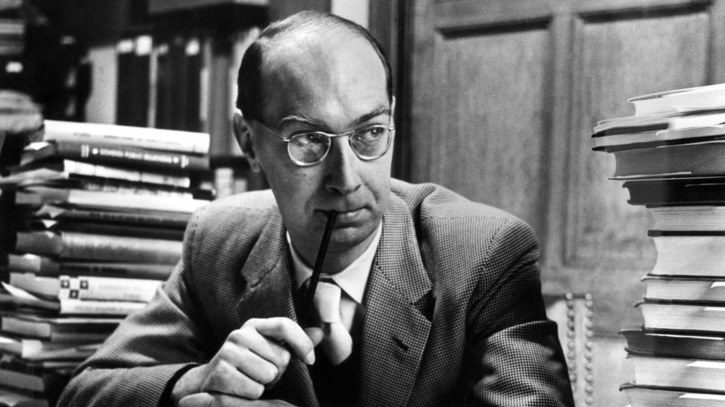Whether poetry can survive atheism might seem a ridiculous question on the face of it. After all, many atheists have been great poets. Philip Larkin is the obvious example: he was perhaps not the greatest English poet of the twentieth century — I would probably give that accolade to Eliot — but he was certainly not far off. And in any case, the atheist might point out, poetry is about tension and doubt and ambiguity. Great poems often admit of multiple readings: there is generally no clear truth as to meaning. Arguably that is the very antithesis of religion, with its dogmatic certainties and requirements for direct assent.
Yet it is far from clear that the decline of religious observance in the English-speaking world has been a boon to poetry. Surveying the state of the arts in February 2020, it is hard not to have some sympathy with this article in American Mind, titled “Porn is a form of worship“:
If secularisation has dulled the Western artistic imagination, this is perhaps especially true when it comes to poetry.
At the very least, good poetry needs to have some sense of the transcendent; it draws on the human instinct that there are meanings and truths that go beyond what can be conveyed in words. This is what Eliot meant when he called poetry “a raid on the inarticulate”. At the heart of the poetic endeavour is the conviction that there is something else behind words, of which we can get little glimpses through words and silences. The same is true of music. As the late Sir Roger Scruton used to say in his discussions of music and meaning, music conveys truths that cannot be conveyed in any other way.
I suppose atheist artists can access transcendence. But it remains to be seen whether they can do so when the afterglow of Christian culture has finally faded. Great poets who were not religious believers, or had an ambivalent attitude to faith, like Seamus Heaney or Ted Hughes, very often came from religious backgrounds or had exposure to Christian liturgy, with all its poetic richness, its depth and range of allusion and metaphor, in their early lives. Larkin was a non-believer, but his work is shot through with Christian imagery and religious themes. A sceptical poet in a broadly Christian culture is one thing; an atheist poet in an entirely post-Christian culture is quite another.











Join the discussion
Join like minded readers that support our journalism by becoming a paid subscriber
To join the discussion in the comments, become a paid subscriber.
Join like minded readers that support our journalism, read unlimited articles and enjoy other subscriber-only benefits.
Subscribe